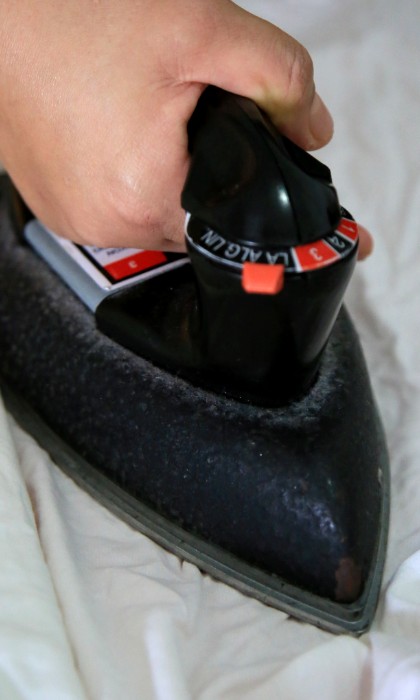7 Myths and Truths about electricity consumption
Learn more about the truth and the legend regarding energy consumption and grid safety!

Foto: iStock
Is it necessary to unplug everything during thunderstorms? Does drying clothes behind the refrigerator increase consumption? Surely you have heard these and other questions when it comes to electricity. There are so many myths that arise when the subject is electricity consumption, that we do not know what is true or false.
Learn more here what is myth and what is true about electricity consumption:
- It is necessary to unplug electronic devices during the rains.
Yes, it is. When the electric power falls and then is restored, the voltage in the outlet can be higher than 110 or 220 volts for a few seconds. This is enough to burn a piece of equipment that is connected to the electric grid
- Ironing does not consume a great deal of energy.
Myth. The electric Iron is the second household appliance that consumes the most electricity, losing only to the shower. Other energy consuming villains are: refrigerator, air conditioning, washing machine and lighting.
- Drying clothes and cloths behind the refrigerator increases energy consumption.
Truth. Drying clothes in the back of the refrigerator overloads the appliance and increases consumption. Ideally, the area should be kept free for air circulation.
- Several appliances connected to the same outlet (such as a “T” extension) increase consumption.
Myth. Energy consumption neither increases nor decreases due to the fact that there is a lot of equipment connected in the so-called “T” extension. However, the accumulation of equipment in the same outlet can result in overloading and even cause a fire.
- Using electrical equipment during storms attracts lightning.
Myth. Lightning is attracted by other reasons not linked to electricity. It is advisable to turn off equipment in storms to ensure that it does not get affected by an electrical discharge.
- A Hot Outlet is a warning sign.
Truth. A hot outlet deserves special attention, since in addition to wasting electrical energy, it also indicates the possibility of fire.
- Showers consume a lot of energy.
Truth. Showers are the household appliances that consume the most electricity.